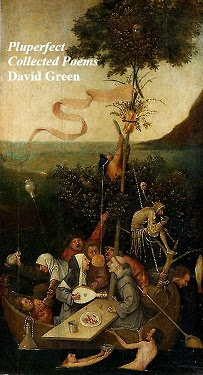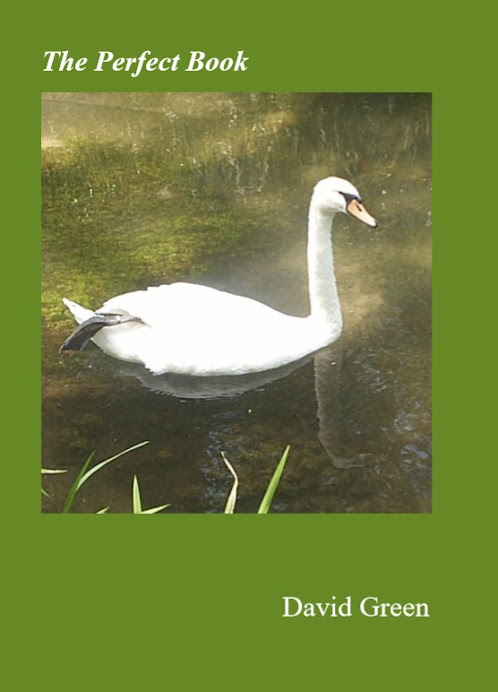Horse racing lost one of its livelier characters when Barney Curley died on Sunday at the age of 81. He knew what he was about even if it wasn't always appreciated by the bookmakers he took for all kinds of money and the hapless Luke Harvey and John McCririck whose job it was on the above occasion to politely enquire when he didn't.
He wasn't famous for Derby or Grand National winners but found his way to a few spectacular betting coups with less talented horses at the smaller tracks, his strongly held opinions being backed up with proper money when he was sure. One of my turf associates tells of working in a High St. betting office many years ago when the screens were flashing up warnings to staff to take no more bets on Barney's horse. They could see something was up and they were no longer interested in laying it at any price. They had been bitten more than once and by then were shy, which bookmakers usually aren't.
While always watchful for what he was up to, I can't remember benefitting from my interest in him. That was the point, really. The likes of me weren't to know.
I don't imagine him to be an easy man but it's an eclectic mix that qualify for an obituary here and it's often mavericks that are so honoured. It's not obvious that there'll be any more like him with racing and betting being more regulated than the old 'wild west' days which, well within my memory, had some unlikely stories, most of which were true. But he was certainly a serious man, having first thought about a career as a Jesuit priest before managing dance bands in Ireland and then taking on allcomers but mostly the authorities in horse racing and devoting much time, energy and money to his charitable work in Zambia.
More detail is available from more first hand sources than me, not least Graham Bradley's book, The Wayward Lad, which is a courageous defence against Barney's uncompromising criticism. Sic Transit Gloria Barney.
--
According to Simon Armitage's lectures, below, there is no need to be a 'maverick' poet because being any kind of poet is maverick enough. I don't know if he stretched that as far as to include Patience Strong but I take his point, having made it myself elsewhere once or twice.
While Simon's approach was exemplary for the most part, I've found it gloomy to think about since. As far as the poetry world goes, he's on the right side and he is well aware that these days the poetry world doesn't go very far into the rest of the world. Thus, it is absurd when the next sectarian clique announces its rejection of the 'mainstream' and their own, truer way, like Anabaptists, some more fundamentalist strain of Maoist but not really The Sex Pistols or punk rock. Apart from a few on its wilder shores, all they did was retrieve rock'n'roll from the overblown absudity it had become.
No, I'm sure Simon's right in suggesting that poetry is a minor enough branch line already without any need for further obscurantism. The mainstream is a wide and flexible thing and perfectly accommodating to all innovation - it hasn't stood still - with the general proviso, 'all you have to be is any good'. That's perhaps where 'experimental' work fails. Experiments that don't work in science are abandoned whereas some of them in poetry are published.
But my sorrow comes from the part of Simon's 'establishment' jobs that mean he has to say what poetry is, or isn't. He is very good at it, being roughly in the same region of the poetry map as I fondly imagine myself to be, but if he piles up a number of familiar ideas that's because they're familiar to me having been doing it for 45 years, they might not all be so familar to his students. One can also have a high ratio of agreement with his definitions and truisms but, with poetry being an elusive thing, being only as good as 95% true might not be true enough. To say something (which Simon doesn't, I'm just going to make something up) like,
Poetry happens at the intersection, on the cusp, where the pre-meditated marshalling of language engages in a chemical reaction with experience
is hopeless though I dare say there are creative writing tutors one could convince of its profundity.
It might think it is or its authors might think so but there's a lor of bad poetry, or poetry that doesn't work for oneself. Poetry is not a pejorative word carrying within it a sense of approval or quality. As in any other endeavour, one is likely to see bad poetry as much as one sees bad football, bad fashion, bad sandwiches or bad Prime Ministers.
With more of it being written than is ever read, or worth reading, an industry waylaid by not knowing why it's doing what it's doing and only serving itself, this is not the Golden Age it is from time to time promoted as being. Whether it is Paul Muldoon going further beyond the peak of his achievement twenty years ago, further than most can follow him into his allusive elsewheres so that a letter to the TLS asks of a long, opaque poem whhen he will publish the answers or whether it is at the bottom end of amateur work that delivers the same dreary worthiness, one can feel left as if the art form, or at least the art form as one knew it, has exhausted itself.
I know that isn't true and there's plenty to re-read and maybe things I haven't even read yet in the 500+ books on the shelves here. I hardly need to buy any more. In them there will be more than enough reminders of why I did it, why I tried and why for all that time it was their example that made the enterprise so rewarding and not my derivative efforts. I hope I haven't arrived here only to reflect it was all a waste of time.
--
Which leads, a bit tangentially, to the book I'll finish tomorrow that I was sent in error by a seller some years ago. It wasn't even cost effective to send it back or anywhere else, which I would have gladly done, and so I could keep it. I didn't want it then but thought I'd read it now as a further avalanche of a forthcoming second Balzac Festival pile in with Anna Karenina (no, I've not read Tolstoy), the Hardy biography and then that of Ivor Gurney.
It's The Sorrows of Young Werther by Goethe, written in 1774 when he was 24, and thus very high-end Romanticism. So much so that, I find, he later did his best to disown it and regretted the early celebrity it brought him. I don't know so much. It's not a bad book at all and I'm glad to have read some Goethe. It is necessarily precious, it being of its time and not having the same distance and irony we imagine we've developed since. Or, does it not and, have we really.
Taken on its own terms, it's fine thing. I'm tempted to say that Germany invented Romanticism and look what that mutated into and Italy invented Classicism which comes out as slightly more respectable only by losing their race to the bottom.
But I was much taken by Heinrich, a very minor character, who looks back at the time,
he speaks so fondly of, when he was in the madhouse and totally unaware of a thing,
in the words of his mother. It compares well, I dare say, with the agonies of Youing Werther, so very much in love, it seems unrequitedly and yet it might have been.
That's where your poetry is.
--
I am most gratified to have written a short story of about 4500 words. I don't know if I'll read it. It's better if I leave it as a first draft and allow myself to think it is what I think it's like rather than find it isn't. Prose is like that. Endlessly improvable and Heaven Knows how Graham Swift, Sarah Waters or Julian Barnes do it.
And I've been maintaining a chess rating of above 1900 at all disciplines for more than a week, glancing into the abyss that takes one back down to 1800 but avoiding it. I'm either riding a tightrope luckily or maybe I've learnt something. It's the same as poetry, though. one enjoys the good times enormously and when it's not so good one reflects on its meaninglessness. They both appear to keep one from the madhouse, temporarily at least, for better or worse.
















